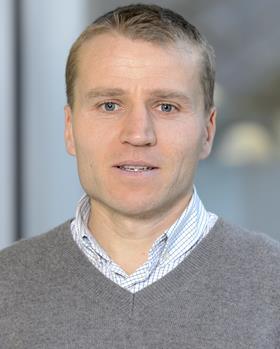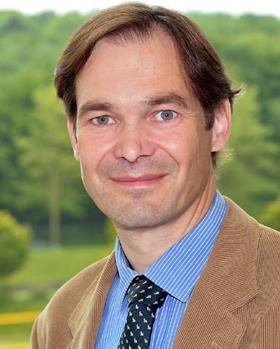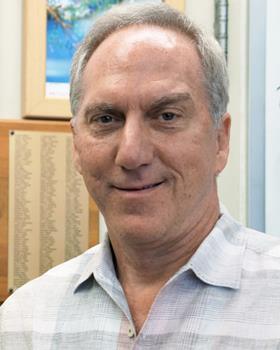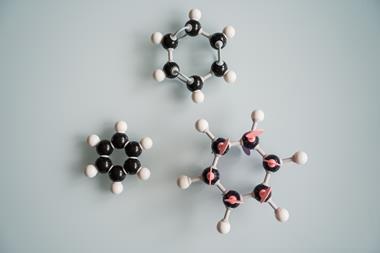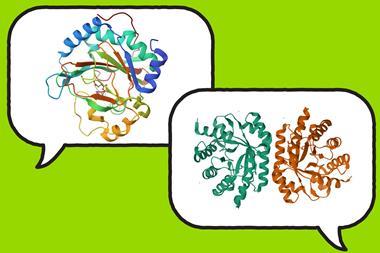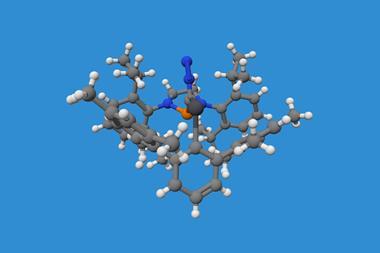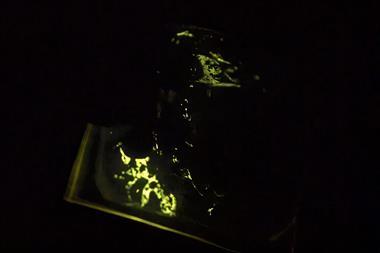The chemical industry is at a crossroads, with sustainability and environmental responsibility at the forefront of global concerns. The use of catalysts can lead to faster, more efficient chemical reactions with the aim of producing more of the desired product whilst reducing the amount of unwanted by-product. Currently, chemocatalysis, that takes place in organic solvents, forms the basis of the majority of applications.
However, biocatalysis, harnessing the power of isolated enzymes, takes place in water and offers a sustainable alternative to traditional chemical processes, promising reduced waste, energy efficiency, and improved product quality. Yet, there is great reluctance to adopt biocatalysis or chemoenzymatic catalysis within industry, particularly within the pharmaceutical sector.
In this hour-long webinar, you’ll hear from three scientists who came together from across academia and industry to survey senior leaders at chemical companies about their use of biocatalysis to find out how and where it is being used.
During the webinar, originally broadcast on 6 March 2024, the speakers discuss the key findings from the survey that reveal a number of barriers to engagement with the use of biocatalysis and chemoenzymatic catalysis.
The webinar also focuses on:
- A summary of the current sentiment around the technologies assessed in the survey
- The use of surfactants and their influence on selected enzymatic catalysis with an accent on sequences that are now possible, involving both chemo- and bio-catalysis
- Expert insights from leading scientists and industry professionals on the future of biocatalysis and its potential to reshape the chemical landscape
Our guest speakers
Farbrice Gallou, Distinguished scientist
Fabrice Gallou received his PhD from The Ohio State University, USA, in 2001 in the field of natural products total synthesis. He then joined Chemical Development at Boehringer Ingelheim, USA. He subsequently moved in 2006 to the Chemical Development group at Novartis, Switzerland, where he has been responsible for global scientific activities, overseeing the design of and development of sustainable syntheses, and their implementation for large scale production of active pharmaceutical ingredients.
Harald Gröger, Professor of organic chemistry
Harald Gröger received his diploma degree in chemistry from the University of Oldenburg, Germany in 1994. After receiving his doctoral degree from the same university in 1997, he stayed as a postdoctoral fellow at the University of Tokyo, Japan. From 2006 to 2011 he was associate professor of organic chemistry at the University of Erlangen-Nürnberg, Germany, and since April 2011 he has been a full professor of organic chemistry at Bielefeld University, Germany. Harald’s interdisciplinary research activities are at the interface between biology and organic chemistry, focusing on the application of enzymes as catalysts in synthetic reactions. A particular goal is the development of synthetic processes fulfilling the criteria of high efficiency, sustainability and scalability.
Bruce Lipshutz, Distinguished professor
Bruce Lipshutz began his academic career at the University of California, Santa Barbara, USA in 1979, where he continues as a distinguished professor of chemistry. While his program in synthesis focuses on new reagents and methodologies, the emphasis has shifted totally towards green chemistry in recognition of a major issue facing the chemical enterprise: sustainability, where organic waste being created is mostly solvent-related. Hence, the specific goal is to get organic solvents out of organic reactions. To accomplish this, the Lipshutz group has introduced the concept of ’designer’ surfactants that allow for key transition metal-catalysed cross-couplings to be carried out in recyclable water.
Our sponsor
Johnson Matthey
As a global leader in sustainable technologies, we apply our cutting-edge science to create solutions with our customers that make a real difference to the world around us. We’ve been leaders in our field for more than 200 years, applying unrivalled scientific expertise to enable cleaner air, improved health and the more efficient use of our planet’s natural resources.
